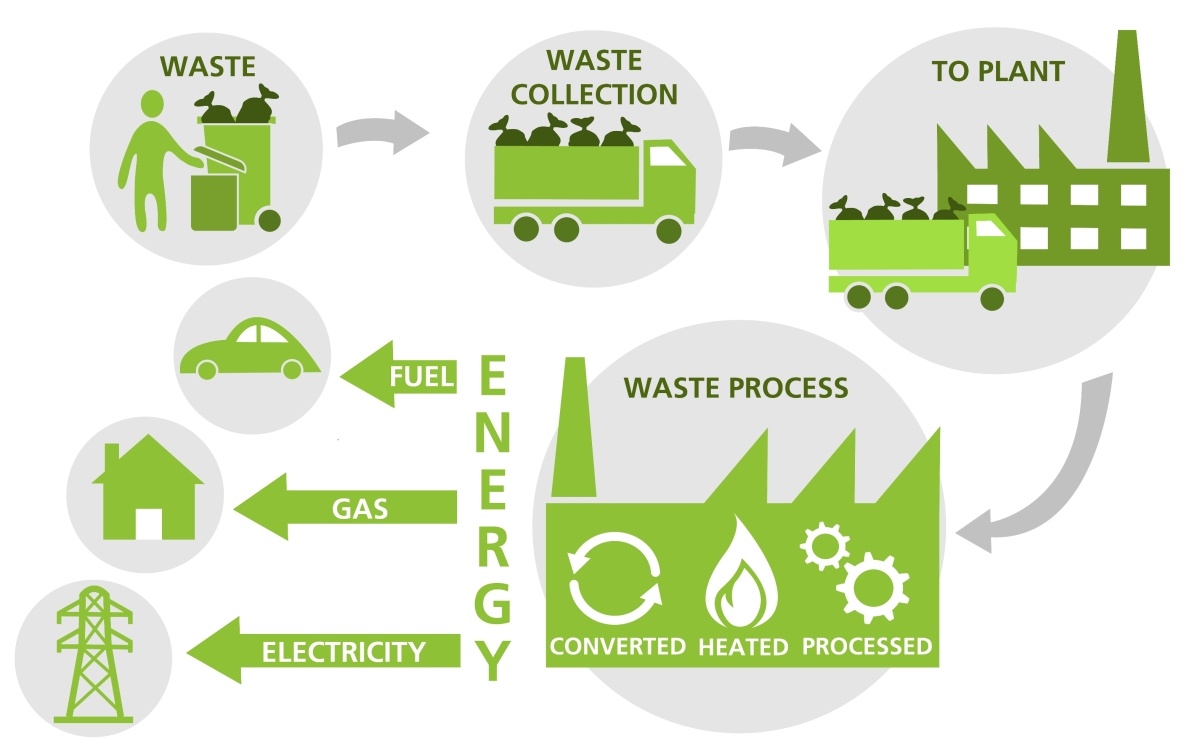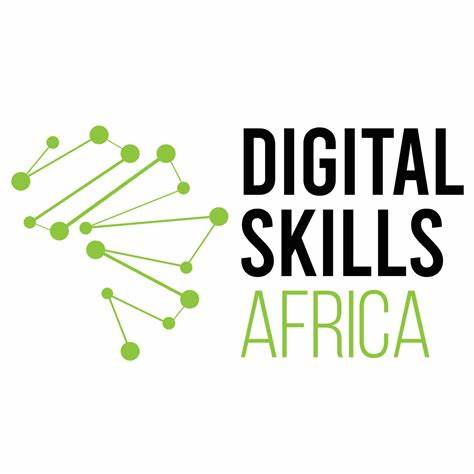Unlock the top business opportunities in Africa for 2024. Explore strategies and ventures to propel your path to financial success and millionaire status.
Here are some of the most promising sectors that could turn visionary entrepreneurs into millionaires:
1. E-commerce Expansion in Africa

E-commerce in Africa is experiencing a remarkable boom, driven by a young and tech-savvy population, increasing internet penetration, and the widespread adoption of mobile devices. This digital revolution is transforming consumer behavior and opening up new avenues for businesses.
Business Opportunity
The African e-commerce market is projected to reach $180 billion by 2024, growing at a rate of 25% per year. This rapid growth is fueled by the continent’s largest economies, such as Nigeria, South Africa, Kenya, Morocco, and Egypt, where online retail is thriving.
Growth
The e-commerce market size in Africa reached US$ 277.1 Billion in 2023 and is expected to grow to US$ 939.8 Billion by 2032, exhibiting a CAGR of 14.4% during 2024-2032. This growth is attributed to the innovative approaches of leading companies and the significant role of mobile e-commerce.
Advantages
The expansion of e-commerce in Africa offers several advantages:
- Access to a vast digital audience: Africa has the youngest and second-largest population globally, presenting a huge customer base.
- Mobile money revolution: With low credit card penetration, mobile money, and cash-on-delivery are becoming popular payment methods, making e-commerce accessible even in remote areas.
- Market leaders: Companies like Jumia, Konga, a lot, and Kilimall are setting the stage for a competitive e-commerce landscape across the continent
2. Waste-to-Energy Ventures in Africa

Waste-to-energy (WtE) ventures are rapidly emerging as a sustainable solution to Africa’s waste management challenges. By converting waste into electricity, these projects not only tackle the issue of waste disposal but also contribute to the continent’s energy mix.
Business Opportunity
The WtE sector in Africa is gaining traction, with significant investments and joint ventures being announced. For instance, Astra Energy and Powertron Global have launched a joint venture to invest in WtE projects across Africa, including in Zanzibar, Tanzania, and Lesotho.
Growth
The growth of WtE ventures is propelled by the increasing volume of waste and the need for renewable energy sources. The annual volume of waste generated in sub-Saharan Africa is expected to reach 269 million tonnes by 2030. This presents a vast opportunity for WtE projects to expand and thrive.
Advantages
WtE ventures offer multiple advantages:
- Environmental Impact: They provide a cleaner alternative to traditional waste disposal methods, reducing landfill usage and greenhouse gas emissions.
- Energy Production: WtE plants contribute to the local energy supply, improving energy security and supporting economic growth.
- Economic Development: These projects create jobs and can stimulate local economies through the development of related industries
3. Renewable Energy Solutions in Africa

In 2024, Africa is poised to make significant strides in renewable energy, with a focus on harnessing the continent’s vast natural resources. The shift towards renewable energy is not just a necessity for sustainable development but also a substantial economic opportunity.
Business Opportunity
Africa’s renewable energy sector is burgeoning, with a potential to reach 76% of its electricity from renewable sources by 2040. This presents a massive opportunity for businesses to invest in hydropower, solar, and wind energy projects across the continent.
Growth
The renewable energy market in Africa is expected to grow exponentially. A new database called the Renewable Power Plant Database Africa provides information on existing and planned renewable energy projects, indicating a bright future for the sector.
Advantages
Investing in renewable energy in Africa offers several advantages:
- Diverse Energy Mix: The combination of hydropower, solar, and wind energy provides a stable and sustainable energy supply.
- Cost-Effective: Declining costs for solar photovoltaics and wind turbines make these options increasingly affordable.
- Energy Access: Over half of Africa’s population lacks access to electricity, presenting a significant market for renewable energy solutions
4. Digital Skills Training Business Opportunities in Africa

As Africa embraces the digital age, the demand for digital skills training has skyrocketed. This sector is crucial for empowering the workforce with the competencies needed to thrive in a technology-driven economy.
Business Opportunity
The business opportunities in digital skills training are vast and growing. Initiatives like the ICDL Africa Digital Challenge 2024 aim to provide practical training in digital skills across various educational levels, indicating a strong market for such services.
Growth
The digital skills training market is expanding rapidly. The African Union’s Digital Transformation campaign seeks to reach 100,000 young people with digital skills for job creation by 2024 through a country acceleration strategy. This growth is fueled by the continent’s push towards digitalization in all sectors.
Advantages
Digital skills training offers several advantages:
- Workforce Empowerment: It equips individuals with the skills necessary for the modern workplace.
- Economic Development: Enhancing digital literacy can increase employability and entrepreneurship.
- Innovation: Trained individuals can contribute to technological advancements and innovation within the continent.
5. Agribusiness Innovations in Africa

In 2024, Africa’s agribusiness sector is ripe for innovation, with a focus on integrating technological advancements and sustainable practices to meet the increasing global food demand.
Business Opportunity
Agribusiness innovations present a significant opportunity for entrepreneurs and investors. Events like Market Access Africa 2024 aim to connect the agrifood value chain with regional and international markets, highlighting the potential for growth and profitability.
Growth
The sector is expected to grow robustly, driven by initiatives like the African Continental Free Trade Area (AfCFTA), which seeks to increase intra-African trade and provide access to a larger market across the continent.
Advantages
Innovations in agribusiness offer several advantages:
- Technological Integration: The adoption of digital agriculture technologies, such as IoT and precision agriculture, can revolutionize farming practices.
- Sustainable Practices: Climate-smart agriculture technologies are being advanced to address climate resilience and food security, with support from global entities like the World Bank.
- Market Expansion: There’s a focus on tapping into the export market of commodities like cocoa, palm oil, and cassava, aiming to meet international demand and quality standards
6. Diaspora Investment Funds in Africa
Diaspora Investment Funds (DIFs) are financial vehicles that leverage the capital and expertise of the African diaspora to invest in the continent’s development. These funds aim to transform remittances into impactful investments, fostering economic growth and innovation.
Business Opportunity
The opportunity for DIFs in Africa is significant. With over $100 billion in remittances sent annually from the diaspora back to the continent, there is a vast potential to channel these funds into promising ventures. Events like the African Diaspora Investment Symposium 2024 highlight the growing interest in such investments.
Growth
The growth of DIFs is supported by partnerships and strategic planning. The African Development Bank and partners have launched a $3.9 million project to catalyze diaspora investment in eight African countries, indicating a strong commitment to harnessing diaspora wealth for development.
Advantages
DIFs offer several advantages:
- Capital Mobilization: They provide a platform for the diaspora to contribute financially to Africa’s growth.
- Strategic Investments: DIFs focus on sectors with high growth potential, such as technology, infrastructure, and renewable energy.
- Social Impact: Investments are often directed towards projects with positive social outcomes, like education and healthcare
Disclaimer:
The information provided in this blog post is for general informational purposes only. While I strive to offer accurate and up-to-date content, I recommend that readers consult with relevant professionals or conduct further research before making any business decisions or investments. Additionally, individual circumstances may vary, so consider seeking personalized advice tailored to your specific situation.
Remember that any investment or business venture involves risks, and there are no guarantees of success. Always exercise due diligence, consider market conditions, and seek professional guidance when necessary. The business landscape can change rapidly, so stay informed and adapt your strategies accordingly.










